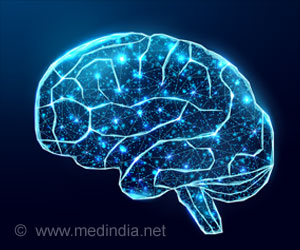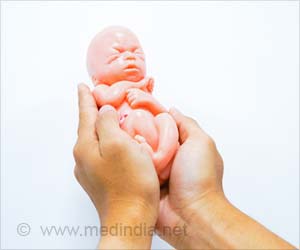structure, function, and connectivity. However, it is unknown whether hot flashes are associated with AD biomarkers.
Recent advances in assessing AD include the development of AD blood-based biomarkers, which have proven especially useful for assessing risk decades before the emergence of AD dementia. These biomarkers were used as part of a new study involving nearly 250 midlife women.
The Menopause-Alzheimer’s Connection
The objective of the study was to determine whether objectively assessed hot flashes are associated with adverse AD biomarker profiles.
Advertisement
Dr. Rebecca Thurston, Director of Women’s Biobehavioral Health at the University of Pittsburgh Department of Psychiatry, and Dr. Pauline Maki, Professor of Psychiatry at the University of Illinois at Chicago, led the study.
Based on the results of the study, Drs. Thurston, Maki, and their team concluded that hot flashes experienced during sleep may be a marker of women at risk of AD dementia.
Further, a greater number of sleep hot flashes were associated with an increased likelihood of AD. These findings remained significant after additional adjustments for estradiol and actigraphy-assessed sleep characteristics.
Hot flashes were measured objectively by using ambulatory skin conductance monitoring.
“Among other things, these findings indicate that women who experience frequent hot flashes, particularly during sleep, may warrant AD dementia risk reduction efforts,” says Dr. Thurston.
“Given the adverse effect on quality of life and financial burden of AD, it’s important that we learn as much as possible about potential causes and warning signs so we can be proactive before the onset of AD,” adds Dr. Stephanie Faubion, medical director of The Menopause Society.
“This study underscores the need for ongoing open dialogues between patients and their healthcare professionals so that any treatment options can be carefully considered.”
Study results will be presented at this year’s Annual Meeting of The Menopause Society as part of the presentation entitled “Menopausal Vasomotor Symptoms and Plasma Alzheimer’s Disease Biomarkers.”
Reference :
- Menopausal Vasomotor Symptoms and Plasma Alzheimer’s Disease Biomarkers
– (https://www.menopause.org/docs/default-source/press-release/vms-symptoms-and-alzheimers-biomarkers.pdf)
Source: Eurekalert



